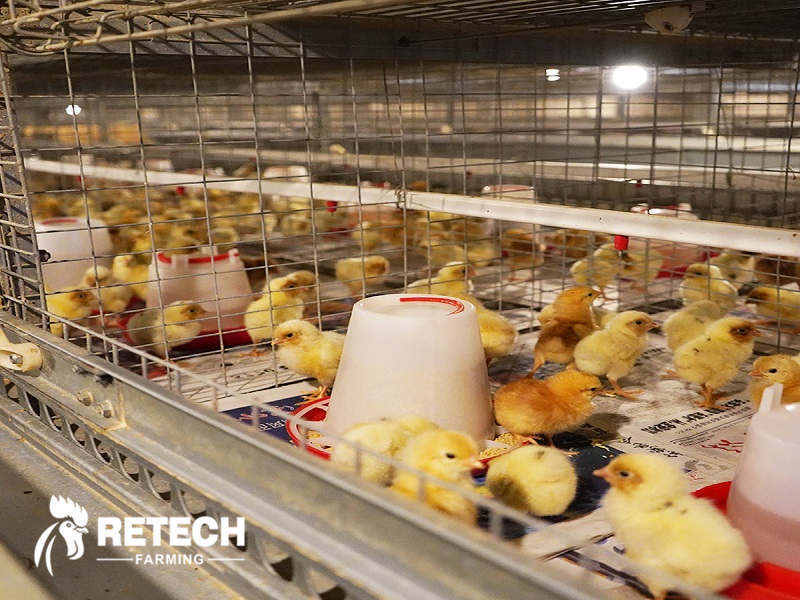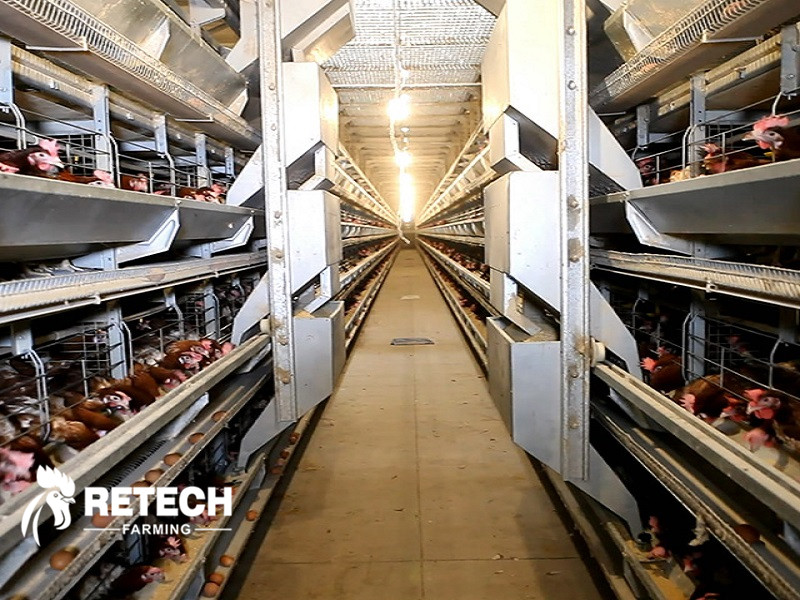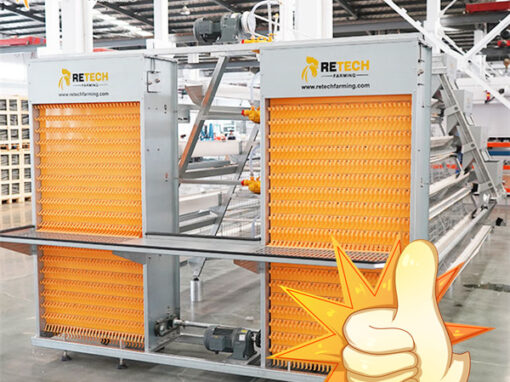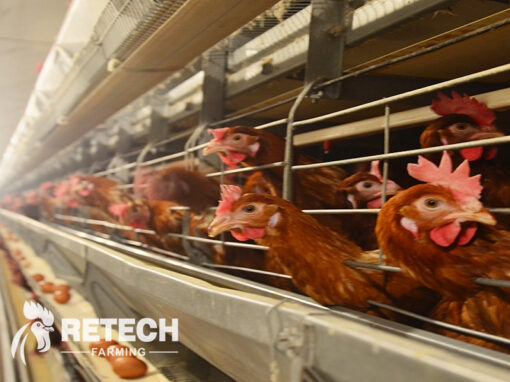In this article, we continue to discuss the dangers of insufficient chicken drinking water for chickens.
4.age
The amount of water drinking increases with the age of the chickens.
The amount of water drinking for laying hens will increase suddenly with the arrival of sexual maturity.
5.biofilm
Biofilms can reduce waterline volume by 70-80% and block nipple drinkers, reducing water supply and causing flocks to be dehydrated.

chicken farm wet curtains
6.algae
When the chicken drinking water is exposed to sunlight, the temperature is 30~40℃, and the pH value is 5.5~8.9, algae will proliferate and block the pipeline, affecting the water supply.
7.ration
Changes in the diet have a significant impact on the water intake of chickens.
The water intake will increase with increasing protein, fat, salt and potassium content.
Studies have shown that a 1% increase in crude protein in the diet results in a 3% increase in water intake and a 10% increase in nitrogen excretion.
8.drinking water quality
Soluble solids, color, odor, pH and water hardness in chicken drinking water all affect the amount of water you drink.
Water intake was reduced with magnesium sulfate and zinc sulfate. Water intake was also reduced when some antibiotics were added to the chicken drinking water.

drinking system
Management advice
It is recommended that each chicken house must install an electronic water meter and connect it with the controller of the chicken house,
A good chicken raising equipment is equipped with a water meter on each water line,
which can easily monitor the water consumption of the chickens on each floor in the house.
We should collect and analyze this information every day to help improve the production performance of the chickens.

layer chicken cage
Drinking nipples (the number and output of eggs and chicks, the diameter of the water pipes, etc. will all affect the amount of water the chickens drink).
Large-scale chicken farms must pay attention to the influence of too thin inlet pipelines of chicken drinking water regulators.


